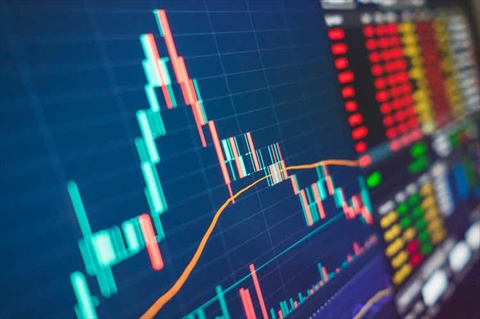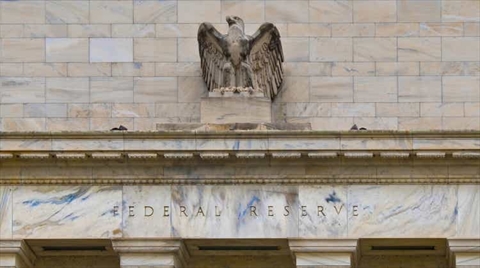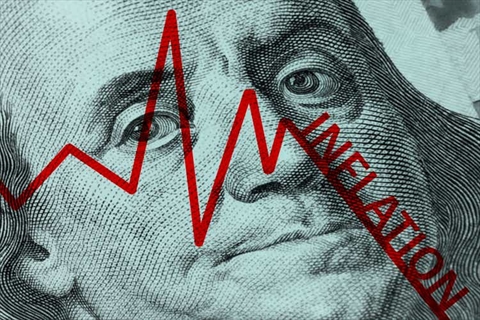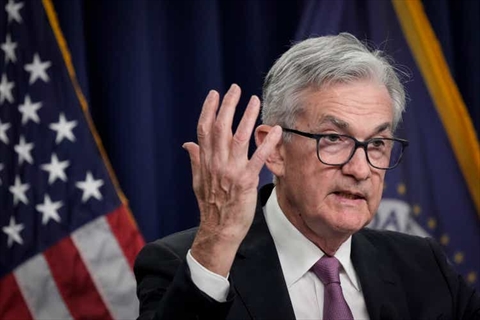
What took place
Tuesday is anticipated to be a volatile trading day for technology assets.
Shares of cloud computing company Fastly ( FSLY 7.97 %) were up by 7 % as of 137 p.m. ET, while Amazon.com( AMZN-2.02 %) and Microsoft( MSFT-2.38 %) were both down 2.2 % and 2.1 %, respectively, due to concerns about the health of their respective businesses.
Now what?
In the big picture, an International Monetary Fund ( IMF ) report on Tuesday predicts only a moderate 3 %- ish growth in the global gross domestic product over the next five years, which worries tech investors. According to CNBC, this is despite forecasts that the two most popular countries in the world, China and India, will experience economic growth that may rise to a level of north of 5 % this year, signaling the impending weakest performance of the global market in more than 30 years.
Investors in Fastly, meanwhile, are unfazed by these micro issues because the digital company is currently basking in the success of a bearish forecast from skeptics at Bank of America. BofA Securities researcher Tal Liani increased his price target from$ 16 per have to$ 26.50 on Tuesday night while maintaining a buy standing on the stock, according to ratings-watcher The Fly. According to Liani," Fastly's's capability to benefit from its CDN differentiation, cross-sell protection solutions, and crystalize advantage compute solutions" is now underappreciated by the Street.
BofA Securities' projections for Fastly's's dividends are of particular note. The scientist predicts that Fastly will outperform income projections in both 2023 and 2024. Not only that, but BofA predicts that Fastly will make a profit of$ 0.05 cents per share in 2024, despite Bloomberg's's prediction that the average analyst following the company expects to lose$ 0.07 billion in that year.
Just what?
I can see why Fastly owners may smiled as a result of all of that. What about Microsoft and Amazon, though? Both of them, AWS and Azure, run sizable cloud computing companies that are already incredibly worthwhile. In fact, all of Amazon's's profits last year were attributed to AWS, according to data from S & ampP Global Market Intelligence. Why then do those stocks never follow quickly higher?
As it turns out, scientist information might also receive payment for their decisions.
Regarding Amazon, Rohit Kulkarni of Roth MKM wrote on Tuesday that he is generally optimistic about the stock and maintains a" buy" rating, citing" significant opportunities" to" optimize" prices both at its unprofitable retail business and at AWS. The issue is that Kulkarni appears to have brought up the worries Mizuho Securities had about Amazon last week by saying this. Mizuho was particularly concerned that a portion of the" marketing" that has Roth MKM feeling optimistic involves Amazon customers switching from higher-marg pay-as-you-go contracts to lower - percentage long-term contracts. While that's's likely to be good news for Amazon in the long run, it will be difficult for AWS to increase revenues by 13 % this year, as most analysts predict, and even more challenging for it to raise its profit margins by 7 %. In other words, Mizuho believes that" marketing" will result in a temporary downturn in the expansion of AWS's's sales and profits.
People have now been informed of this good press by Roth's's scientist.
Similar to this, UBS scientist Karl Keirstead expresses concern that analysts' projections for revenue rise in Microsoft's's Azure unit are excessive. Similar to Mizuho's's concerns about AWS, UBS ' Keirstead asserts that Microsoft customers are trying to cut back on spending on cloud computing services, and he believes this may not be a short-term style at all. Contrarily, that cost-cutting may be more significant and last longer than individuals anticipate, increasing the likelihood that Microsoft will also fall short on both the top and bottom lines.
In a nutshell, analysts' predictions of slowing technology advancement on Tuesday are consistent with more general IMF growth forecasts. Shareholders of Microsoft and Amazon, which trade at forward price-to-earning ratio between 27 and 64, both, are never cheap right, may likely be concerned by this.
Regarding Fastly, I would be remiss to fail to point out that even if the company were to make a$ 0.05 per share profit next year, the stock would still be priced at an astounding 332 times earnings, despite the excitement surrounding the forecast.
Specify investment.




